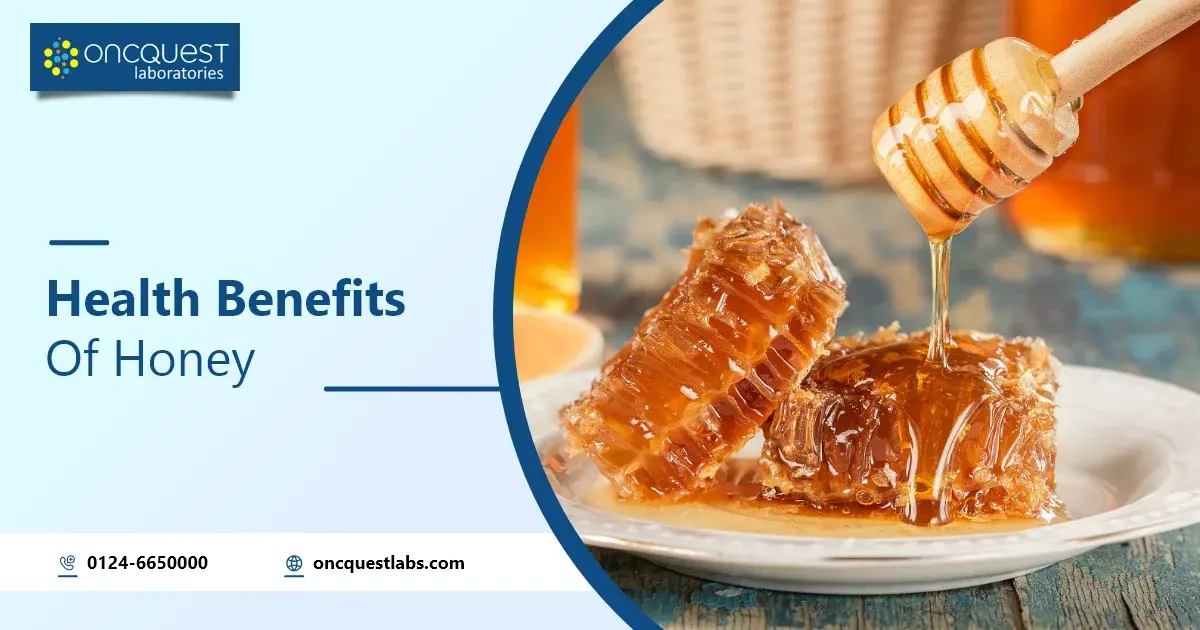Yes, Honey is good for coughing. Hey there! Ever wondered if that jar of honey in your kitchen can do more than just sweeten your tea? Well, you’re in for a treat! We’re diving into the world of honey and coughs – a cozy corner where the sweet stuff might just be the secret weapon against that annoying cough. Forget the complicated words; we’re here to break it down in easy language. So, grab a spoonful of honey and let’s explore if this golden goodness can really kick that cough to the curb!
Contents
The Mechanism Behind Honey’s Efficacy in Relieving Coughs
Honey’s effectiveness in alleviating coughs can be attributed to several factors.
1. Antimicrobial Properties: Honey contains natural antimicrobial compounds that can help fight infections in the respiratory tract, potentially reducing cough symptoms caused by bacterial or viral infections.
2. Throat Coating: The thick consistency of honey provides a soothing coating for the throat. This coating helps reduce irritation and discomfort, offering relief from the urge to cough.
3. Anti-Inflammatory Effects: Honey may have anti-inflammatory properties, which can help calm inflammation in the throat and respiratory system. This anti-inflammatory action contributes to the overall relief of cough symptoms.
4. Saliva Production: Honey stimulates the production of saliva, which has a lubricating effect on the throat. Increased saliva production can help ease dryness and irritation, reducing the frequency of coughing.
It’s important to note that while honey can be a helpful home remedy, individuals with certain health conditions, especially infants under one year old, should avoid its use due to the risk of botulism. Always consult with a healthcare professional for appropriate advice, especially if the cough persists or worsens.
Is Honey Good for Cough and Phlegm?
Yes, honey is often considered a natural remedy for cough and phlegm. Its antimicrobial properties can help combat infections, while its soothing texture coats the throat, reducing irritation. Honey’s ability to stimulate saliva production may also help alleviate dryness and contribute to the relief of cough symptoms. However, it’s essential to note that honey should not be given to infants under one year old due to the risk of botulism. If cough and phlegm persist, it’s advisable to consult with a healthcare professional for appropriate guidance.
Recommended Dosage of Honey for Cough Relief
For adults, a common recommendation is to take about 1 to 2 teaspoons of honey as needed to relieve a cough. It can be consumed alone or added to warm water, tea, or lemon juice. However, it’s essential to consult with a healthcare professional for personalized advice, and individuals with certain health conditions, such as diabetes, should be cautious about their honey intake due to its natural sugar content.
How to Use Honey for Cough?
Honey can be used in various ways:
1. Direct Consumption: Take a teaspoon of honey by itself for a soothing effect.
2. Warm Water or Tea: Mix honey into warm water or herbal tea to create a comforting drink.
3. Lemon and Honey: Combine honey with lemon juice to make a soothing concoction for cough relief.
4. Toast or Breads: Spread honey on toast or incorporate it into your breakfast for a sweet touch.
5. Smoothies: Add honey to smoothies for natural sweetness and potential health benefits.
Remember to use honey in moderation and, if you have any health concerns, consult with a healthcare professional before incorporating it into your routine.
Conclusion
In conclusion, honey can be a beneficial and natural remedy for cough relief, thanks to its antimicrobial properties, soothing effects on the throat, and potential anti-inflammatory actions. The recommended dosage is generally 1 to 2 teaspoons for adults, and it can be consumed directly, added to warm beverages, or combined with lemon. However, individuals with specific health conditions should exercise caution, and consulting with a healthcare professional is advisable, especially if cough symptoms persist.




![Blood Test for Hair Loss [Male/Female] Blood Test for Hair Loss](https://oncquest-blog.s3.ap-south-1.amazonaws.com/blog/wp-content/uploads/2023/12/12044200/Blood-Test-for-Hair-Loss.webp)
